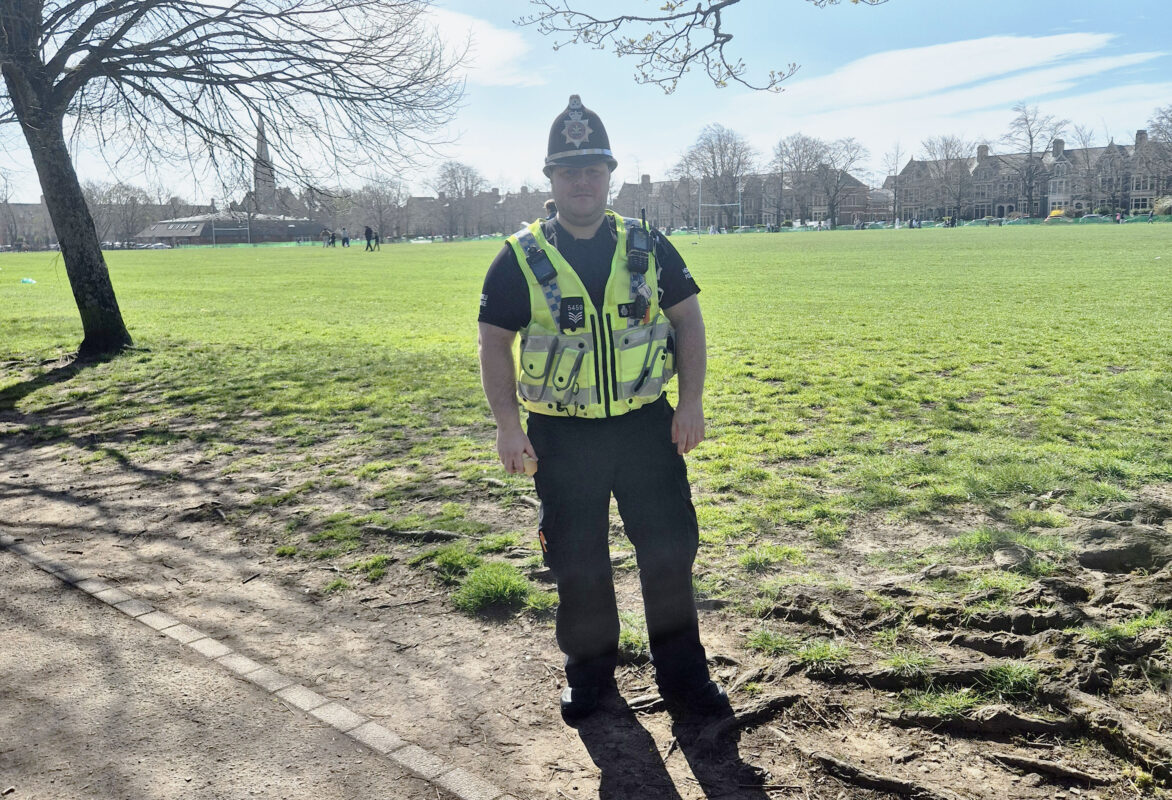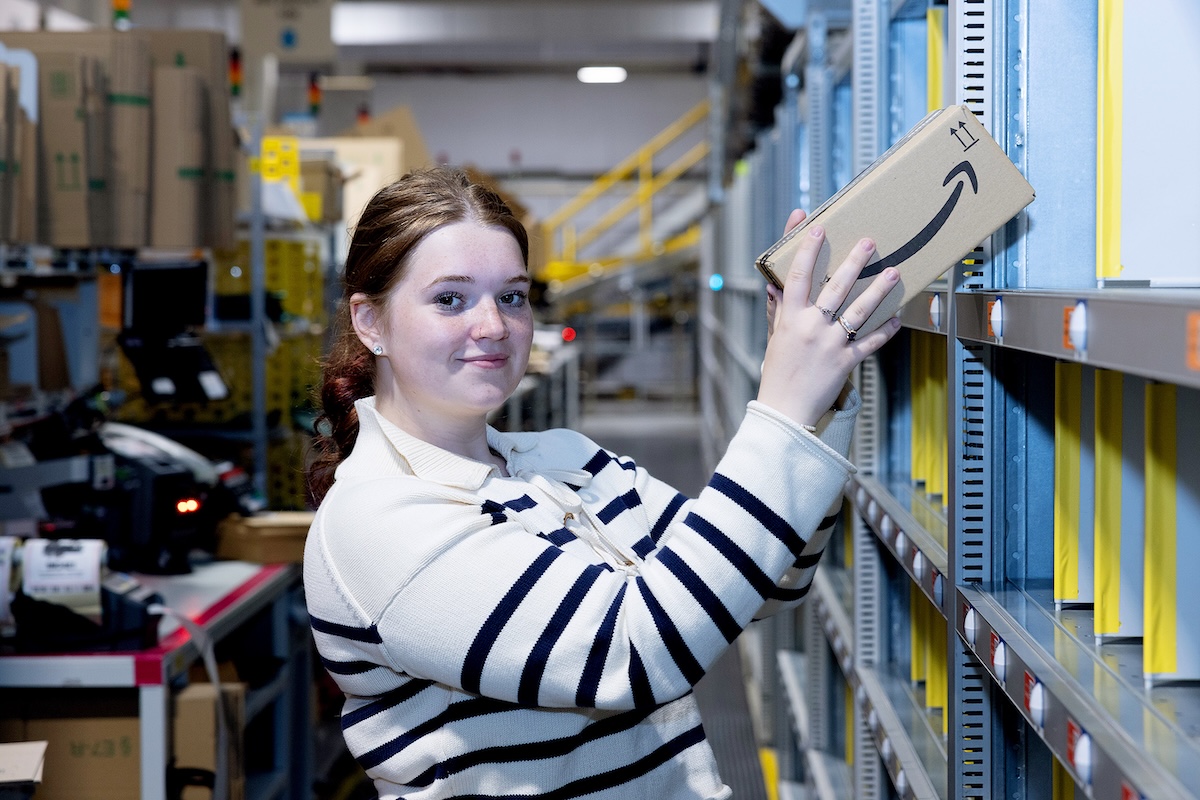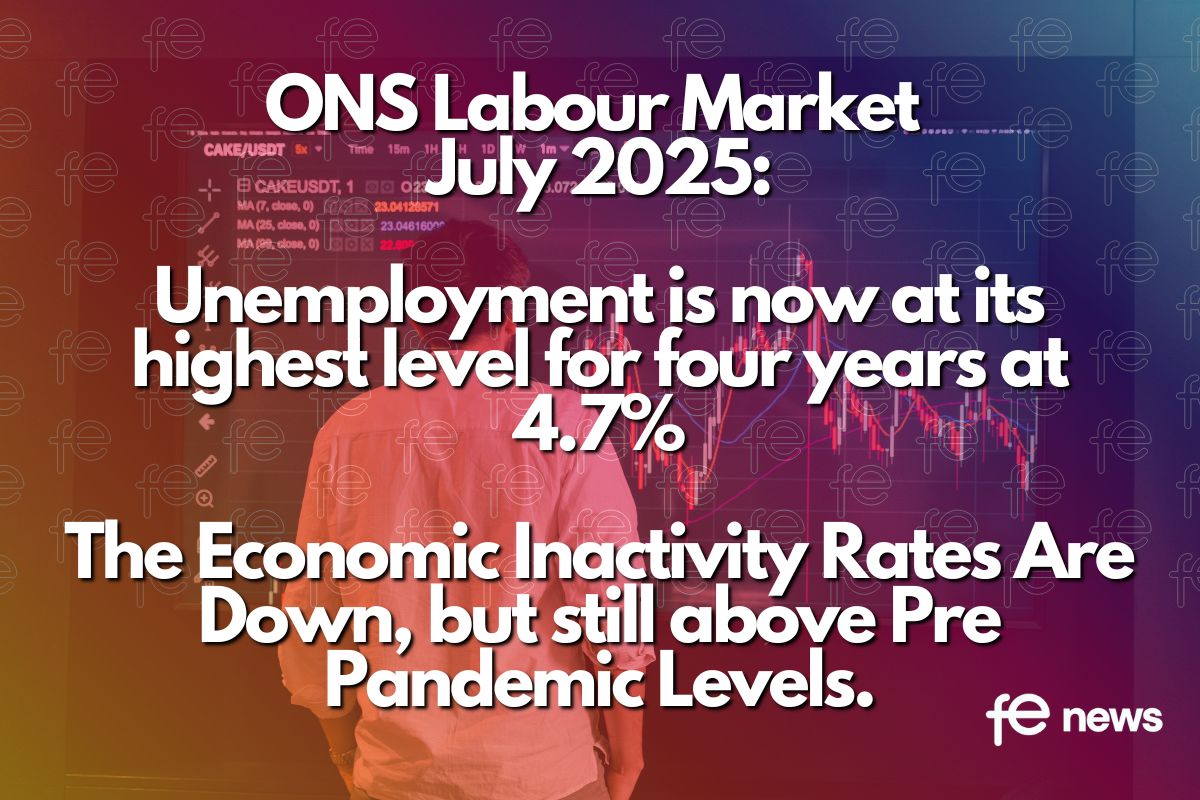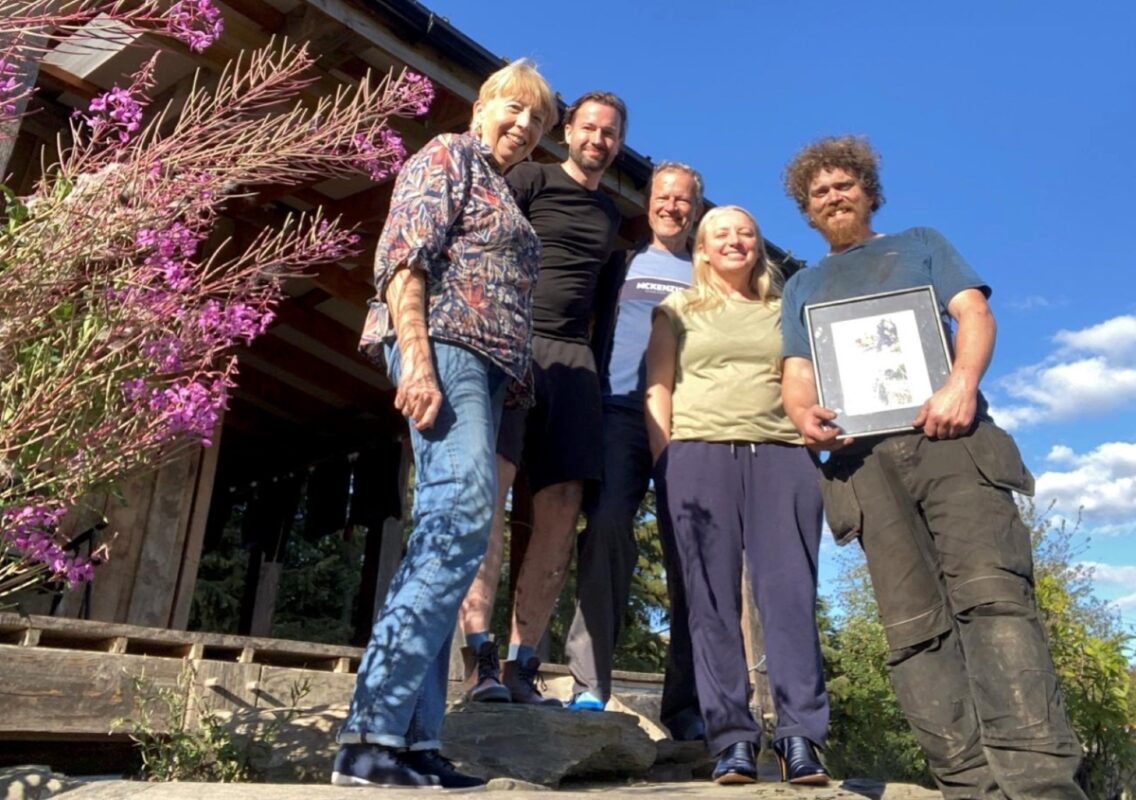Young people feel politicians “don’t care” about their hometown
Alice Bell, Senior Researcher at The Young Foundation, shares young people’s views on a what a shift away from ‘levelling up’ could mean for investment in their regional town
Last week, Britain’s new Prime Minister told us she plans to do things differently. In her first speech as leader at the Conservative party conference, Liz Truss said her focus is “growth, growth, growth”, adding: “for too long, the political debate has been dominated by the argument about how we distribute a limited economic pie. Instead, we need to grow the pie so that everyone gets a bigger slice.”
This unusual metaphor suggests a departure from the Conservatives’ ‘levelling up’ agenda, which sought to address regional inequality. Instead, Truss’s government’s new ‘mini-budget’ brings ‘investment zones’ with low taxes to drive growth in specific areas. Other places are excluded.
A history of transition
Take Corby, which is a town used to challenge and change – its history marked by significant periods of social and economic transition. Recent research, conducted by The Young Foundation as part of the UPLIFT project, examines urban inequalities and explores the localised impacts of broad societal changes and national policies in Corby. Growing through rapid urbanisation in the 1930s and post-war development under the New Towns Act, the town’s trajectory changed after it was announced that Corby’s British Steel plant would close in 1979. Through the 1980s, deindustrialisation led to mass unemployment and economic hardship. This has been compounded by recent crises following the 2007 financial crash, with devastating local impacts of austerity amplified by Covid-19 and the current cost of living crisis.
Over the last two decades, various packages of funding have been invested to support Corby’s regeneration, from investments in new infrastructures (such as the ‘Corby Cube’) to the post-Brexit Industrial Strategy and the promise of ‘levelling up’.
Now, as party conference season ends and our new prime minister sets to work, what’s next for regional towns? The government’s much-debated ‘mini budget’ suggests yet another shift in direction.
‘They just don’t care’
Through this turbulence, policy interventions have lacked effectiveness. 2021 analysis from The Young Foundation’s Institute for Community Studies found that interventions have consistently failed to address the most vulnerable communities, contributing to a 0% average change in the relative spatial deprivation of the most deprived local authority areas between 2004-2019. Recent interviews in Corby reveal what local people feel government have done for them – and it is clear young people feel politicians “don’t care” about the town. A local 17-year-old shares his frustration, saying “we’ve reached out [to the council] quite a lot because it’s quite a poor living state … and we’ve tried to get something sorted and they just don’t care, to be frank.”
A 27-year-old echoes this sentiment, saying “the Conservatives don’t care about me. I’m just some little common guy, some council house kid, they aren’t really bothered about what I got to do.” Of local politicians, he says “[our MP] don’t know what it’s like being in Corby. He never lived here, or grew up here … I doubt he’s had to sleep on the floor of the toilets in his work.”
‘Not just what – but how’
This research was conducted as part of UPLIFT, a project working across Europe, aiming to put young people at the centre of youth policy for housing, education and employment. Comparative analyses of youth inequality and policies in sixteen urban areas across Europe have provided inspiration for policy innovations in response to crisis; which are being explored in greater depth with youth boards in four locations: Amsterdam, Barakaldo, Sfântu Gheorghe, and Tallinn.
In the UK, several analyses have advocated for an approach to investment in local places that focuses “not just on what is done, but on how it is done”. Locally engaged approaches could tap into community power, marking a shift towards a ‘community paradigm’ for allocation public resources. Sharing learnings with our European partners will provide models for ways in which young people can be involved in driving this; with recommendations for more holistic and participatory approaches to policymaking.
Having our pie and eating it?
The evidence from Corby, and broader research from The Young Foundation’s Institute for Community Studies, suggests approaches to regional investment following the 2008 financial crisis have not worked. In seeking to “grow the pie”, Liz Truss says she hopes to do things differently. However, young people in Corby feel that previous failed interventions are a result of political ambivalence towards them and their town, and they have become disillusioned with politics as a result. Diverting investment away from Corby risks reinforcing the perception that politicians don’t care; a dangerous strategy for a leader who, just six weeks into the job, is proving unpopular according to polling.
Perhaps doing things differently, could bring in greater involvement from young people in all regions of the UK, attending to calls to harness community power and foster more participatory approaches to policymaking. Corby has been subjected to a series of transitions and policy agendas over many decades, and young people tell us they feel neglected. Involving them in shaping their town’s future could both ensure local people feel invested in change and deliver truly innovative ways forward.
Explore outputs from UPLIFT at uplift-youth.eu and follow the project’s progress on Twitter, Instagram, Facebook and LinkedIn.













Responses